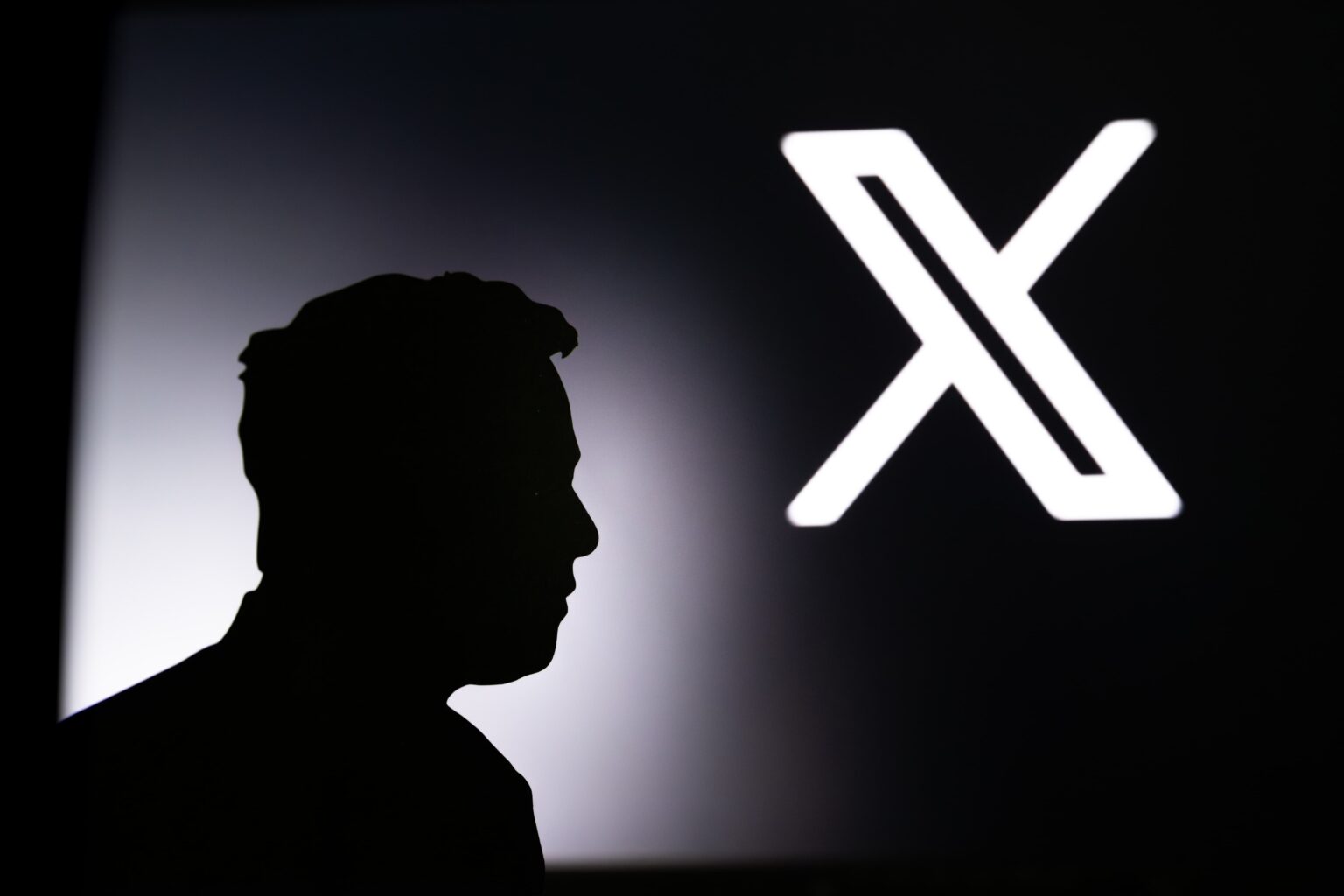The social media platform X, owned by Elon Musk, has publicly refused to cooperate with a criminal investigation launched by French authorities, calling the probe a “politically motivated attempt” to suppress freedom of expression. French prosecutors opened the inquiry earlier this month, alleging that X may have engaged in algorithmic manipulation and fraudulent data extraction that could potentially impact public discourse and democratic processes.
In a detailed blog post, X stated that the investigation goes beyond normal regulatory boundaries and represents what it views as state overreach. The company emphasized that its refusal to cooperate is grounded in the defense of free speech and user privacy. “We believe this is an attempt to target a platform that refuses to align with certain political narratives,” the post stated.
Allegations Include Algorithm Bias and Data Misuse
French investigators are reportedly focused on whether X used its content recommendation algorithms in a biased manner, potentially skewing the visibility of certain political views. Authorities have also expressed concern about how X collects and processes personal data, including allegations of fraudulent access to user information.
X claims the French government has asked for highly sensitive information, including real-time access to user content and back-end details of its recommendation algorithm. The platform argues that complying would compromise the integrity of its operations and expose private user data to political misuse.
French authorities have escalated the matter under organized crime laws, which allow far-reaching surveillance powers such as electronic monitoring, office raids, and even wiretaps on employees and executives. X has denounced this as disproportionate and an unprecedented threat to tech companies operating within the EU.
Role of French Politician and Alleged Analyst Bias
Central to the controversy is French MP Éric Bothorel, a member of President Emmanuel Macron’s Renaissance Party, who filed formal complaints earlier this year. He accused X of deploying algorithmic mechanisms that amplify far-right content and suppress moderate or left-leaning political discourse. Bothorel’s allegations in January and February triggered the criminal investigation by Paris prosecutors.
Adding fuel to the fire, the French government appointed academic researchers David Chavalarias and Maziyar Panahi to conduct an independent analysis of X’s algorithmic behavior. X has pushed back forcefully, claiming both analysts have expressed anti-platform views in the past and cannot be considered impartial. Panahi, for his part, denied involvement and said his inclusion was a mistake. He has even warned he may pursue legal action for defamation.
X’s leadership asserts that the process lacks transparency and has been orchestrated to undermine the platform’s credibility ahead of key European elections. The company’s refusal to comply has escalated tensions between X and French authorities, with the possibility of legal penalties or enforcement actions looming.
European Scrutiny Adds Pressure to X’s Legal Standoff
The French investigation is unfolding alongside broader scrutiny from the European Commission, which is already examining whether X is in violation of the Digital Services Act (DSA). Brussels regulators are assessing the platform’s handling of political advertising, content moderation, and disclosure obligations under the DSA. There is also a separate EU-level probe into Grok, X’s AI-powered chatbot, and its influence on users.
Meanwhile, Elon Musk has criticized European institutions, accusing them of silencing dissenting opinions and disproportionately targeting right-leaning platforms. Musk has recently aligned himself with several populist and far-right movements in Europe, framing the crackdown on X as ideologically driven censorship.
The standoff reflects deeper transatlantic disagreements over free speech, digital governance, and the regulation of social media platforms. Some U.S. officials have warned that Europe’s push to regulate platforms like X risks setting a precedent that undermines global internet freedom.
France’s hardline approach is not isolated. It follows a similar criminal probe against Telegram founder Pavel Durov, reinforcing concerns that the French government is moving aggressively to assert control over online discourse. If French authorities succeed in their legal pursuit, X could face significant fines, access restrictions, or even arrest warrants for non-compliance.


